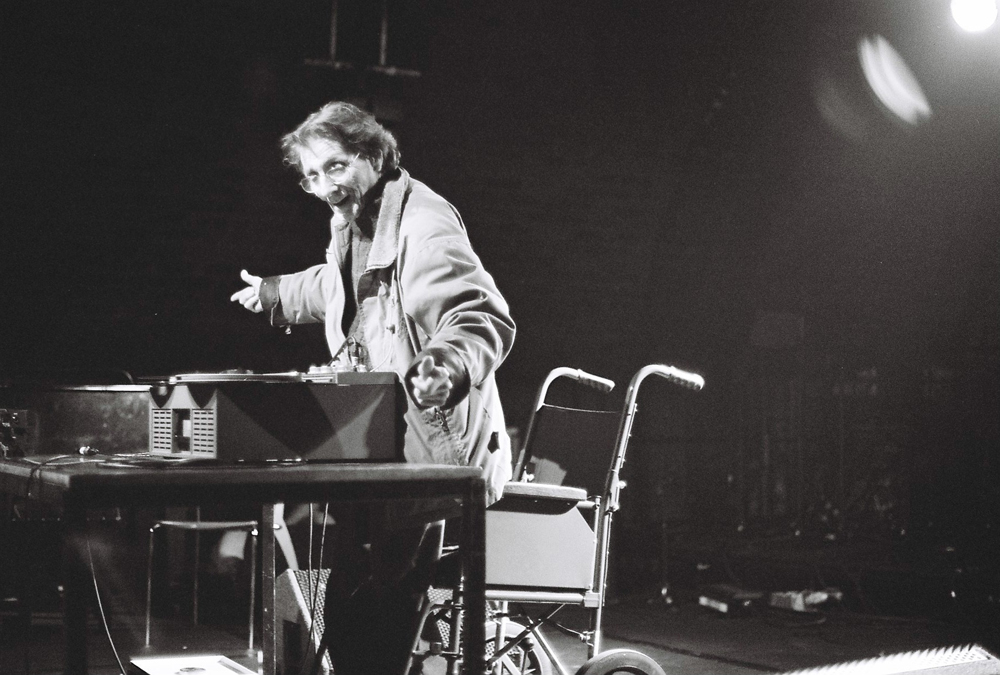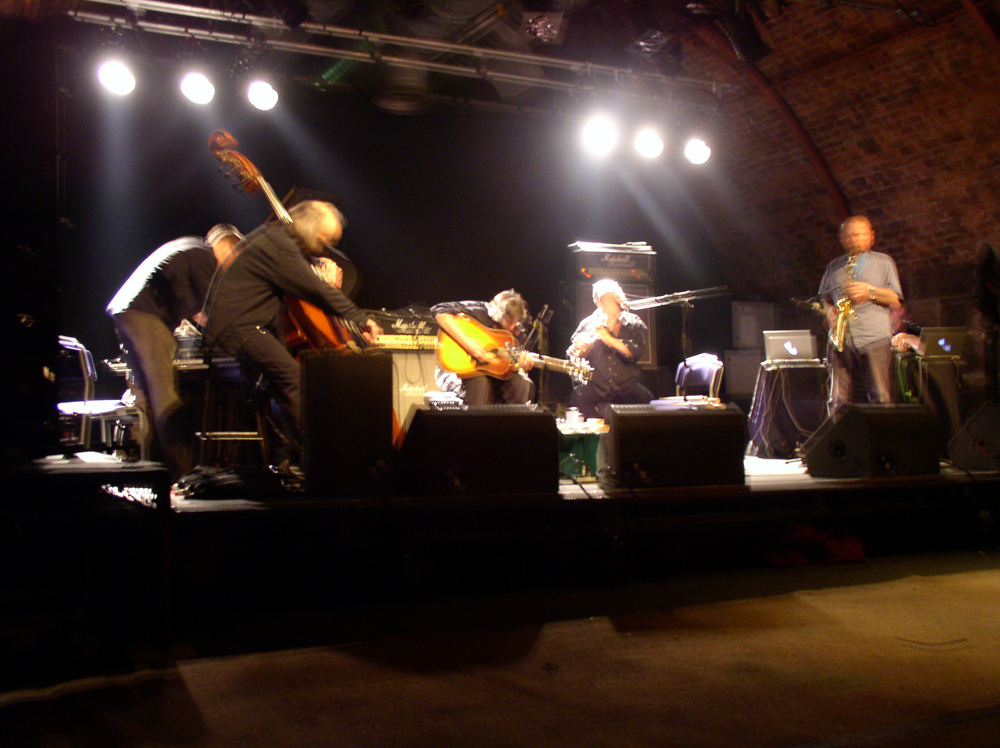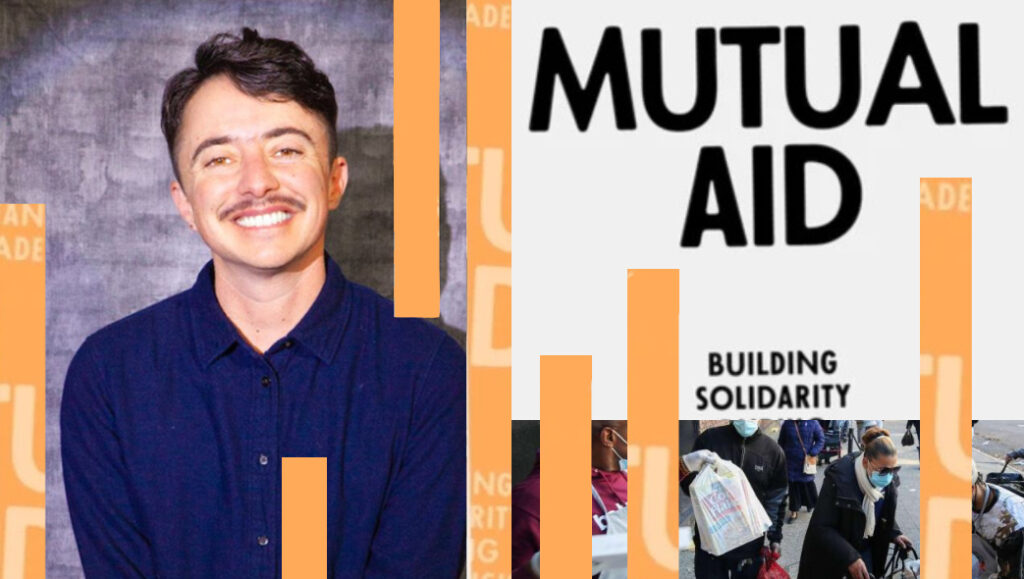
Subversive Strategies in Sound and Music
Rashad Becker Sunik Kim
A chat with Rashad about the communist, conceptual methodology that informs his ground-breaking synthetic music—a form of speculative sonic fiction writing to produce hyperreal non-representational auditive experiences.












